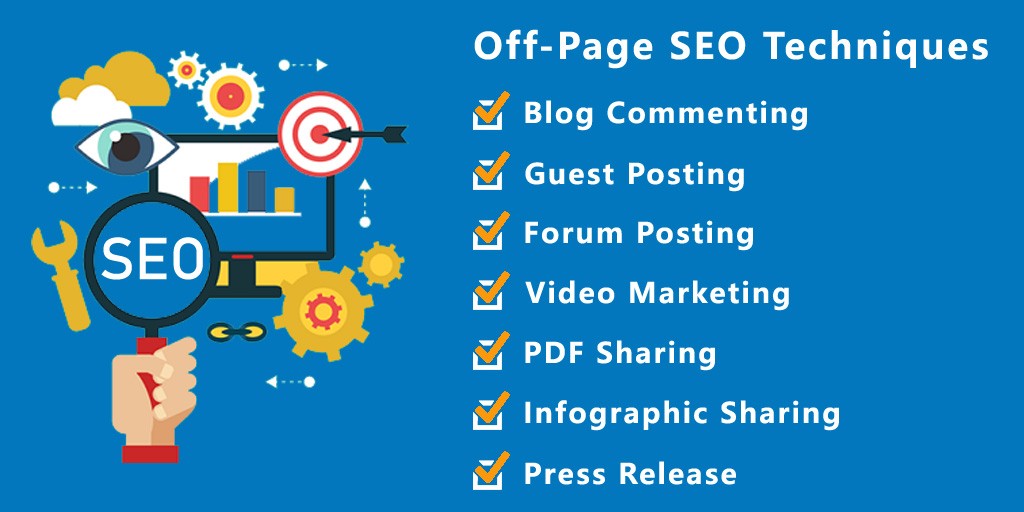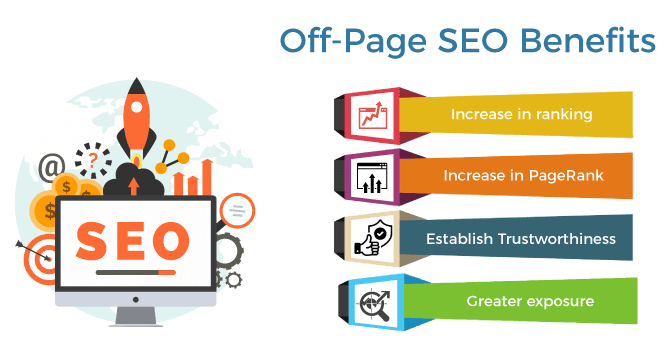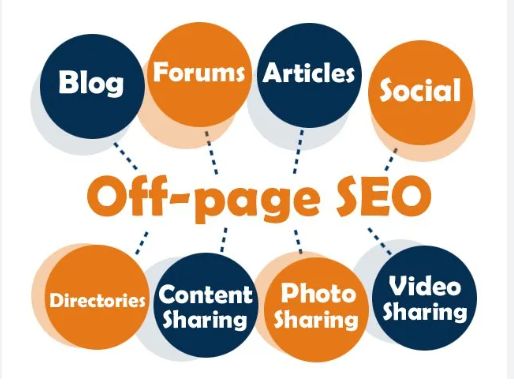OFF - Page SEO
Off-page SEO is one of the most difficult parts of digital marketing. It can feel like there are more ways to get it wrong than to do it right. Somewhere between the advice to “do this, not that” are useful approaches for promoting websites that won’t give cause to looking over one’s shoulder. Off-page SEO traditionally means acquiring links. And, because links continue to be an important ranking factor, off-page SEO is an important part of SEO.

The SEO advice provided by Google rarely discusses off-page SEO, except in the context of guidelines on what not to do. Approached realistically and with the clear eyes of a pragmatist, it’s possible to navigate an off-page SEO strategy that keeps within the narrow boundaries defined by Google – and makes more money.
6 factors that influence link value for off-page SEO

- 1. Factors that influence link value for off-page SEO
- 2. The freshness or age of the link to your site
- 3. The number of links on the linking page
- 4. The relation between the linking site’s subject matter and yours
- 5. The trustworthiness of the linking site
- 6. The authority of the linking site and the linking page
Why Off-Page SEO Is Important
Off-page SEO matters because a website lacking citations from other sites resembles a site that’s not worth crawling and indexing.
Because off-page ranking factors, like links, measure how important a site is, failure to attain any links may very well contribute to stagnant search traffic.
It’s not unlike having a car with no gas.
The most accurate description of what makes off-page SEO important is that it provides forward momentum to a site by helping it rank higher for more keyword phrases.

